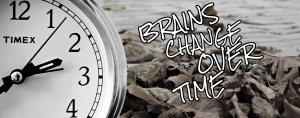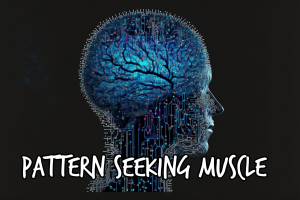Trust Me….The Brain Can Change And So Can You!
Have you ever noticed that some people are in the mindset that it’s just too hard or impossible to make changes, for some people if I am honest, they are determined that they are right about it being hard. Rather than being happier by making changes and being wrong about how hard it is. And I get it, it’s often hard to have hope, to feel stuck, you can’t see the solutions or how to move forward, but honestly when we step back, look at it from a higher level… Are we the same person we were 2, 5,10 or 20 years ago? The answer is no! And this is the brain’s plasticity at its finest.
What I try to help people understand is that change is possible for anyone, and there is neuroscience to prove it.

It’s called Neuroplasticity and it means the brain can change and grow throughout a person’s life. Now scientists thought that this only happened in early childhood. The brain becomes fixed in its habits. However, research has now shown that the brain continues to change even into old age. Phew…. There is hope!
As I have said in the past the brain is like a physical muscle, it gets stronger the more you use it. The brain is “pattern-seeking.” When the neurons in your brain are activated in a certain way, it becomes easier for your brain to follow that same pattern in the future. Neurological pathways form when you use your brain to complete a task. The brain “remembers” it, so next time it’s a little easier. The time after that, it’s even easier, and so on. Riding a bike or learning to drive a car for example. The first time we did both, it felt difficult and complicated to have to coordinate all these different things at once. Now for both, I am sure you practiced, practiced, and practiced some more and both are now probably second nature, something you can do while singing along to music.

Our brains aren’t static and through repeated practice and continual challenges, we can build pathways that make our brains stronger and smarter. It’s the reason we can develop skills and knowledge through effort, practice, and persistence. We can be hopeful that we can make those changes in our lives to be the best possible version of ourselves.
As we go through life, we can help the plasticity of our brains by staying mentally and physically active, getting enough sleep, managing stress, eating a healthy diet, and avoiding harmful substances, like drugs or alcohol, we can also practice different tasks or exercises that challenge our brains and motor skills, such as puzzles, sports, or music.


Leave a Reply